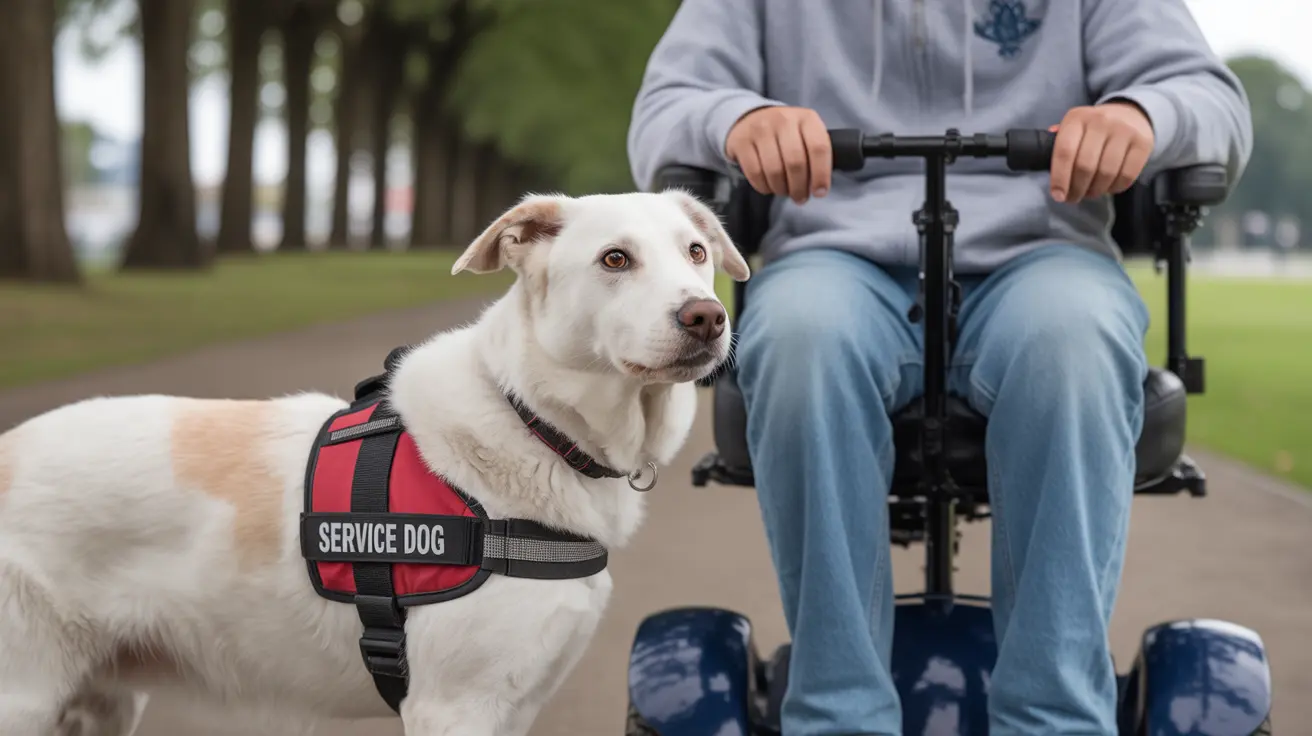A new bill is being proposed to address the growing concern of pet owners falsely presenting their animals as service animals or emotional support animals. This legislation aims to protect the rights and integrity of legitimate service animal handlers while establishing clear penalties for those who misrepresent their pets' status.
Service animals and emotional support animals play vital roles in supporting individuals with disabilities and mental health needs. However, the increasing instances of pet owners attempting to pass their untrained companions as service animals has created challenges for businesses and genuine service animal handlers alike.
Understanding Service Animals vs. Emotional Support Animals
Service animals undergo extensive training to perform specific tasks for individuals with disabilities. These highly trained animals, most commonly dogs, are protected under the Americans with Disabilities Act (ADA) and have full public access rights. Their specialized training enables them to assist their handlers with various tasks essential for daily living.
Emotional support animals, while valuable for mental health support, serve a different purpose. They provide companionship and comfort but do not require specific task training. Unlike service animals, emotional support animals don't have the same public access rights under federal law.
Service Animal Training Requirements
- Maintain calm behavior in public settings
- Respond reliably to handler commands
- Perform specific tasks related to their handler's disability
- Demonstrate appropriate public behavior
Public Access and Legal Protections
The Americans with Disabilities Act (ADA) provides clear guidelines regarding service animal rights. Businesses and public establishments must allow properly trained service animals to accompany their handlers. However, this protection doesn't extend to emotional support animals, which may create confusion among both business owners and pet owners.
Impact of Misrepresentation
- Undermine the credibility of legitimate service animal teams
- Create access challenges for genuine service animal handlers
- Put public safety at risk due to untrained animals in sensitive environments
- Cause businesses to become more skeptical of legitimate service animals
Housing Considerations
While public access differs between service animals and emotional support animals, both categories have protections under housing regulations. The Fair Housing Act provides accommodations for both types of support animals, though documentation requirements may vary.
Frequently Asked Questions
What are the key differences between emotional support animals and service animals?
Emotional support animals provide companionship and emotional comfort, while service animals are trained to perform specific tasks for individuals with disabilities. Service animals have public access rights, whereas emotional support animals do not.
Can emotional support animals enter public places like service dogs?
No, emotional support animals do not have public access rights under the Americans with Disabilities Act (ADA), unlike service dogs. Their access is limited to housing and some other specific situations.
What are the legal consequences of misrepresenting a pet as a service animal?
Misrepresenting a pet as a service animal can result in fines or criminal charges in many states, depending on local laws. The new legislation aims to strengthen these consequences to prevent fraud.
Conclusion
The distinction between service animals and emotional support animals remains crucial for maintaining the integrity of disability assistance programs. As legislation continues to evolve, it's essential for pet owners to understand and respect these differences. Those who require either type of support animal should follow proper channels and documentation procedures to ensure their rights are protected while maintaining the integrity of the system.






